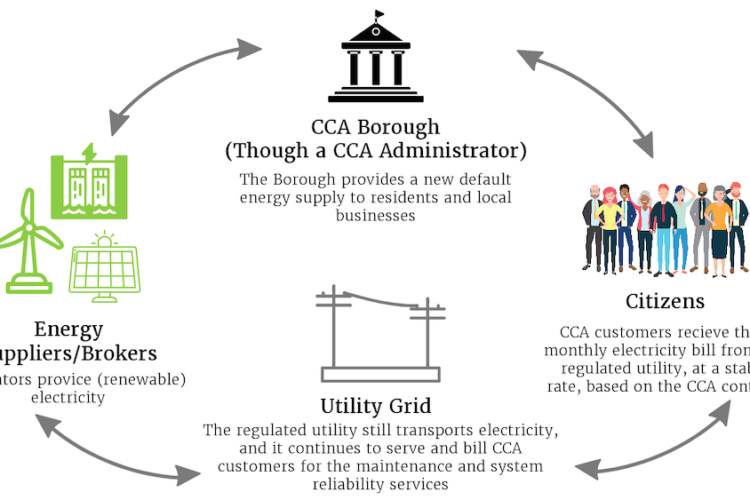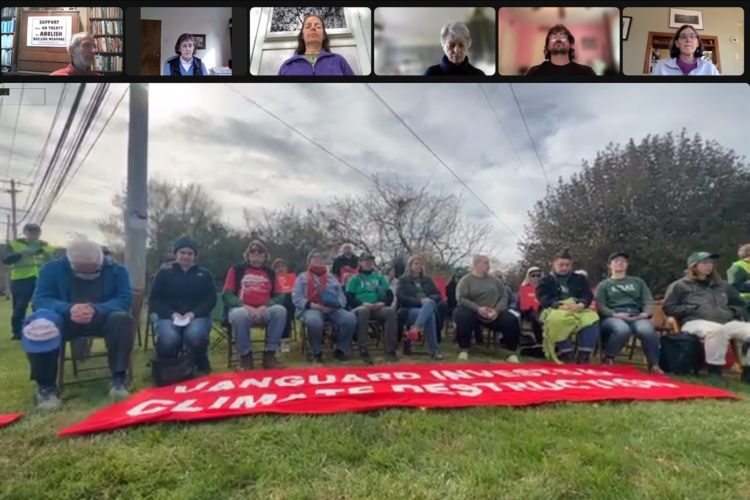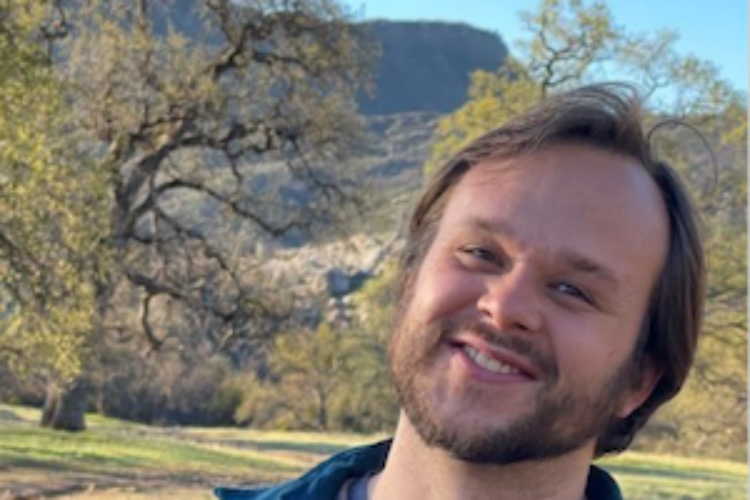For the Love of the Land
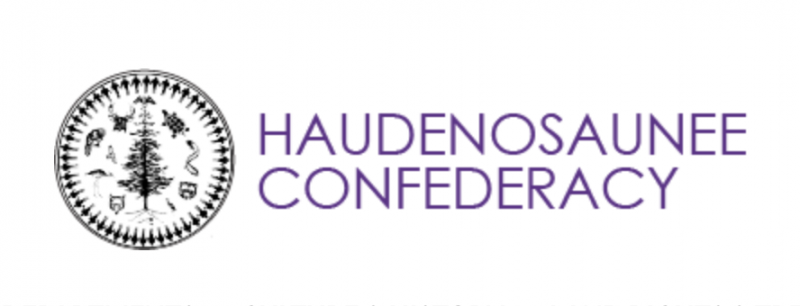
By Pamela Haines.
I’VE LOVED THIS bit of land for over fifty years. Coming up over the hill, my heart always opens anew to the jewel of a valley spread out below, part of the rolling farmland and woodlots of central New York state. My father bought an old farm here in the ‘60s, preparing for a job move that didn’t work out. But my family loved the land. The old farmhouse became a focal point for a group of young adult Friends—New Swarthmoor—a gathering and landing place as we attempted to shape lives that aligned with our deepest Quaker values. Our community loved the land.
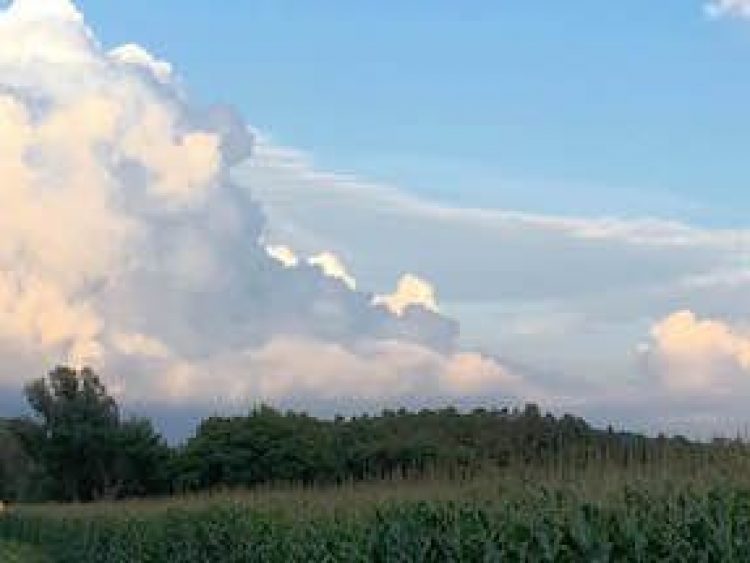
Then my mother moved up there in her retirement and it became the center of family gatherings for her six children and growing extended family. My sister, Liseli, lived across the road on adjoining farmland, and dug her roots in deep. When my mother died, it took us some time to decide that we needed to sell the house, but none of us wanted to sell the land. How could we ensure that it would continue to be loved as we loved it?
My sister and her partner had been on their own journey, building ever-closer relationships with members of the neighboring Onondaga nation, and coming under the weight of our country’s history of broken treaties, stolen land, and destruction of whole indigenous nations. Living on traditional Oneida territory, Liseli had started exploring the idea of a land trust with the Haudenosaunee Confederacy (who used to be known as the Iroquois) of which the Oneida are a part. But as time passed with no visible progress, the outcome seemed increasingly uncertain.
Then, last fall she met an Oneida woman who was working with others in Wisconsin and southern Ontario to rekindle a shared traditional identity—a challenge, given that the only tiny remnant of their traditional homeland was now given over to a casino and entertainment complex. This meeting was the opening my sister had been waiting and hoping for. Over the next nine months, they worked together to create a nonprofit organization, my sister consulted with her siblings, and we joyfully agreed to return that thirty acres to these Oneida women.
At a ceremony in July, the three groups of Oneida women gathered on the land to mark its return. They sang to the land in its home language. They squished their toes in the wet earth. I can’t imagine any better resolution, any better future for that land that so many of us have loved over all these years—and so many Oneida people had loved long before.
I was already struggling to take in the terrible injustice of our nation’s treatment of native people. But being able to be part of one tiny thing that was so completely right has opened me up in a new way—both to the heartbreak and to the possibilities of healing.
